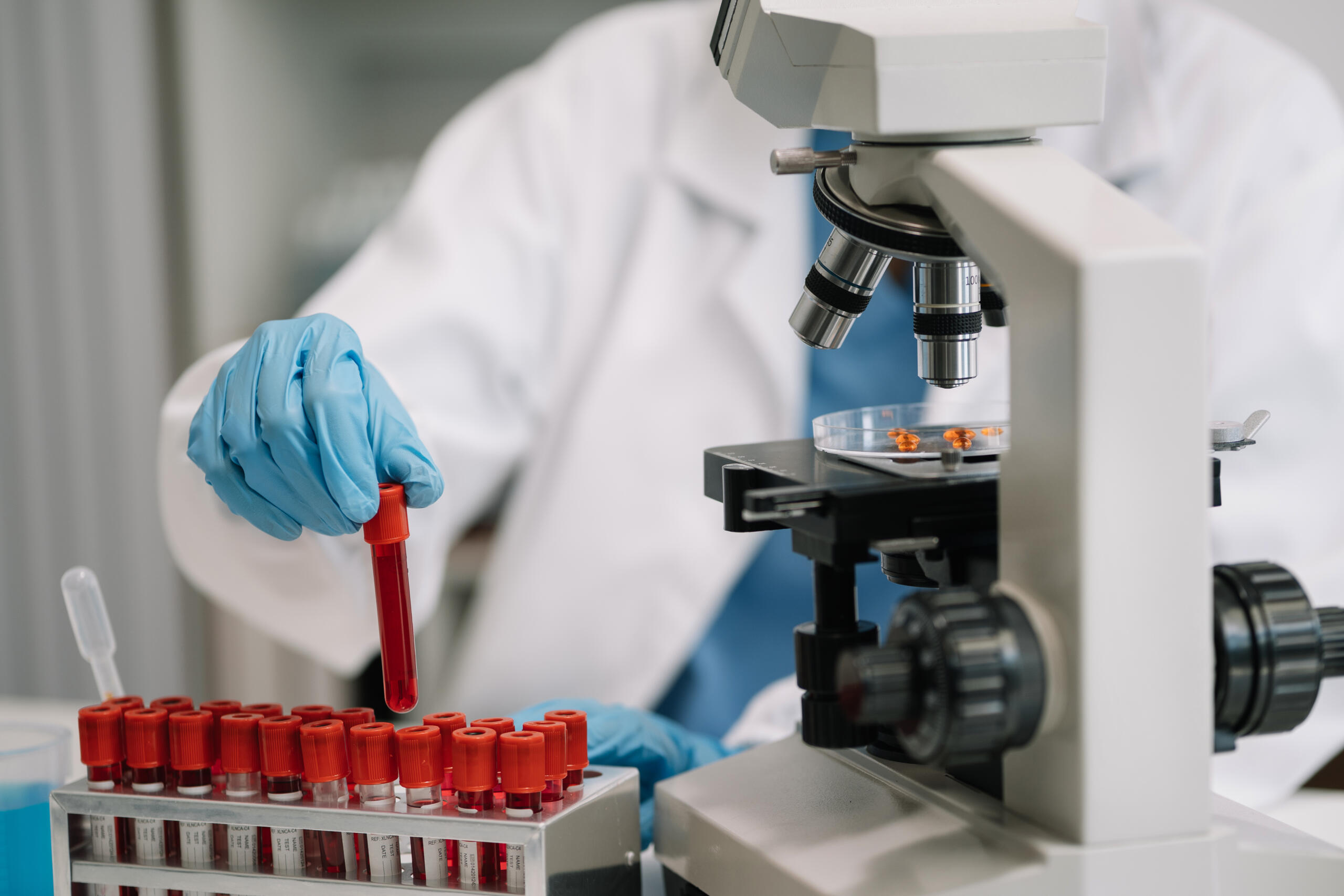Study Reveals Ebola Vaccine’s Potential to Save Lives Even After Infection
February 12, 2024

A recent study has provided significant insights into the efficacy of the Ebola vaccine, particularly in post-exposure scenarios. Conducted during the 2018-2020 Ebola Zaire outbreak in the Democratic Republic of the Congo, this research highlighted the vaccine’s potential not only to prevent infections but also to reduce mortality among those already infected. Key findings from the study, published in Lancet Infectious Diseases, include:
- Reduction in Mortality Risk: Individuals vaccinated against Ebola who later developed the disease had a significantly lower risk of dying compared to those who were not vaccinated. Specifically, the study found that the case fatality rate was 27% for those vaccinated two or fewer days before symptom onset, compared to 56% among unvaccinated individuals. This suggests that vaccination can halve the risk of dying from Ebola, even if administered shortly before or after infection.
- Vaccine Efficacy in Post-Exposure: Previous animal studies had suggested the vaccine’s potential for post-exposure protection, a hypothesis this study supports in human cases. The vaccine, developed by Merck and known as Ervebo, demonstrated a survival benefit when administered after exposure to the virus, challenging earlier findings from primate studies that showed no such advantage.
- Data Analysis and Results: The study analyzed data from 2,279 confirmed Ebola patients, revealing an overall fatality rate of 25% among vaccinated patients. Notably, the survival rate improved the longer the period between vaccination and symptom onset, with fatality rates of 20% for those vaccinated three to nine days before symptoms and 18% for those vaccinated ten or more days prior.
- Mechanisms of Protection: The findings suggest that the vaccine might activate the innate immune response immediately after administration, potentially offsetting the virus’s ability to suppress this early line of defense. Moreover, vaccinated individuals showed lower levels of the virus in their bodies, indicating that the vaccine may help contain the spread of Ebola by reducing viremia.
- Compatibility with Ebola Treatments: The study also addressed concerns about the interaction between vaccine-induced antibodies and Ebola treatments, such as monoclonal antibody therapy. Results indicated no adverse effects from concurrent vaccine and treatment administration, supporting the combined use of these interventions in outbreak responses.
This study underscores the critical role of the Ebola vaccine in both prevention and post-exposure scenarios, offering hope for better outcomes in future outbreaks. Its findings emphasize the importance of vaccination efforts and the potential benefits of administering the vaccine even after exposure to the virus.
To read more, click here.
[Source: STAT, February 12th, 2024]






